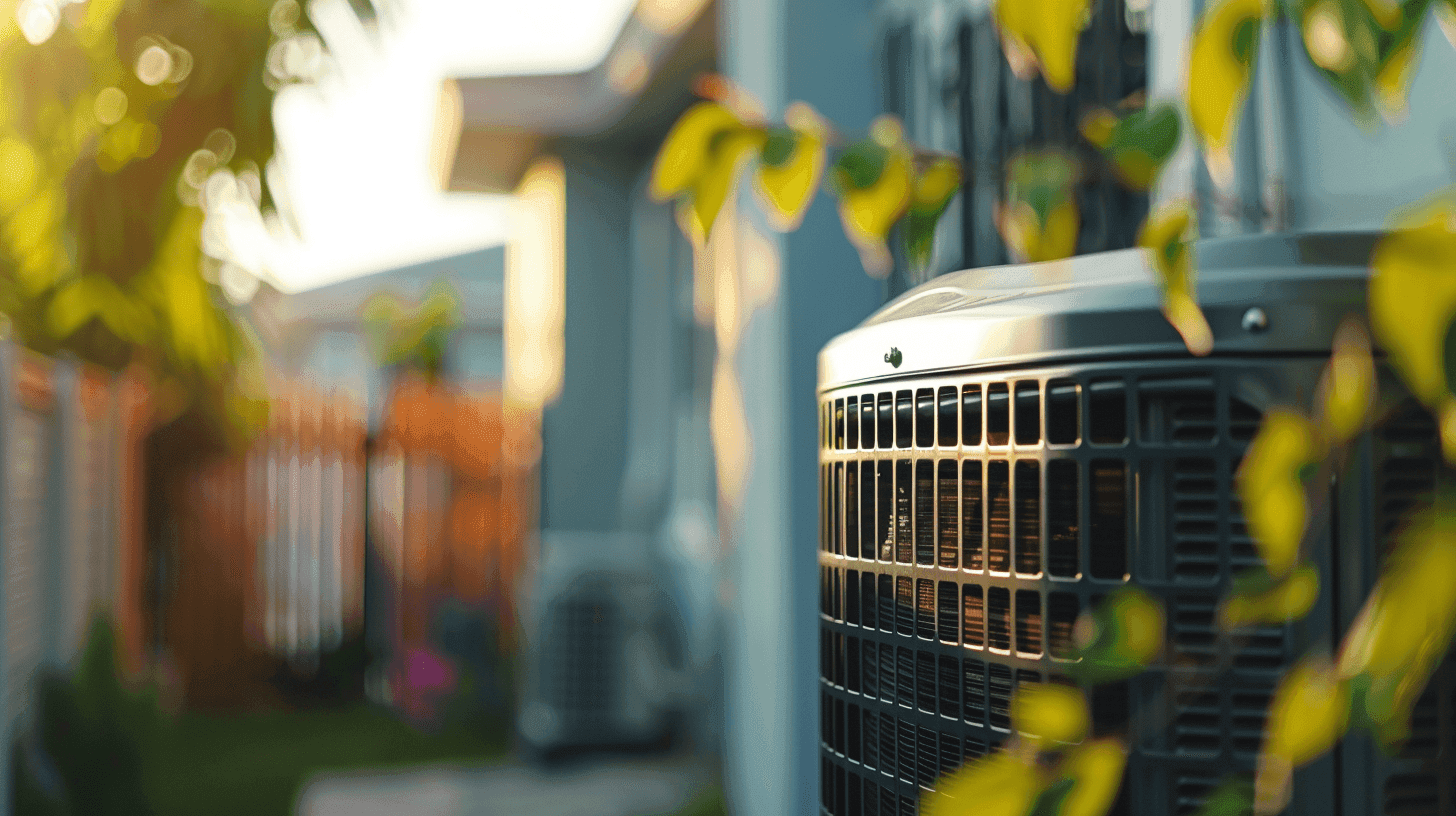What’s the Cost of a 3.5-Ton AC Unit?

As the summer sun heats up, so does the demand for a cool and comfortable home. If your existing air conditioner struggles to keep up, you might be considering a replacement. But before you dive headfirst into browsing models, it’s crucial to understand the cost of a 3.5-ton AC unit. HVAC.com explains why sizing matters and the factors that affect how much you’ll pay for a 3.5-ton air conditioner.
Why AC Sizing Matters
Before we delve into 3.5-ton AC unit costs, it’s important to understand why getting the right size air conditioner is so important. An undersized unit will constantly run at maximum capacity, struggling to cool your home effectively. This translates to higher energy bills, reduced comfort, and a shortened lifespan for your AC. Conversely, an oversized unit will cycle on and off too frequently, leading to inefficient cooling and potential humidity issues.
The sweet spot lies in finding a unit with the perfect capacity for your home’s specific needs. While a 3.5-ton unit might seem ideal for a larger space, it’s not a one-size-fits-all solution.
Ideal Home Size for a 3.5-Ton AC Unit
A 3.5-ton air conditioner is generally recommended for homes between 1,900 to 2,200 square feet. However, this is just a starting point. Several factors can influence the ideal air conditioner size for your home, including:
- Climate: Homes in hotter regions typically require a larger capacity unit compared to those in milder climates.
- Insulation: Homes with superior insulation can benefit from a slightly smaller AC unit.
- Ductwork: The efficiency of your ductwork can also impact the required AC size. Leaky ducts can necessitate a larger unit to compensate for lost cool air.
- Sun exposure: Homes with several south-facing windows might require a larger unit to counteract the additional heat gain.
Factors Affecting a 3.5-Ton AC Unit’s Cost
The average cost of buying and installing a 3.5-ton AC unit is around $6,000. However, there are a few key factors that can influence the price:
Efficiency
Measured by the Seasonal Energy Efficiency Ratio (SEER2), a unit’s efficiency directly impacts its cost. Higher SEER ratings indicate greater efficiency, translating to lower energy bills but typically a higher upfront cost.
Labor Costs
Installation costs can vary depending on your location, the complexity of the job (such as existing ductwork modifications), and the contractor’s rates. Be sure to get quotes from several licensed HVAC technicians before making a decision.
Compressor Type
There are two main types of compressors: single-stage and variable-speed (two-stage). Single-stage compressors offer a lower initial cost but are less efficient. Variable-speed compressors provide superior efficiency and comfort but come with a higher price tag.
Brand and Features
Just like with any appliance, different brands will have varying price points. Consider the brand reputation, warranty coverage, and any additional features offered by the AC unit when making your selection.
Beyond the Basics: Additional Cost Considerations
While the factors mentioned above are the heavy hitters when it comes to cost, there are a few additional things to keep in mind:
- Permits and Inspections: Depending on your local regulations, permits and inspections might be required for AC installation. Factor in these potential costs when budgeting for your new unit.
- Rebates and Tax Credits: Several government programs and utility companies offer rebates and tax credits for energy-efficient HVAC systems. Research available incentives in your area to potentially offset some of the upfront costs.
- Financing Options: Many HVAC contractors and lenders offer financing options for AC replacements. Explore these possibilities to make the investment more manageable.
Seek Expert Advice for Your Home’s Cooling Requirements
Ultimately, the cost of a 3.5-ton AC unit is a personalized equation. By understanding the factors influencing the price tag and carefully considering your home’s specific needs, you can make an informed decision that ensures both optimal comfort and long-term value.
Consulting with a qualified HVAC technician is the best course of action to determine the ideal size and efficiency rating for your home. They can also provide accurate estimates for equipment and installation costs. With careful planning and informed decision-making, your new 3.5-ton AC unit can become a cool investment in year-round comfort for your entire family.